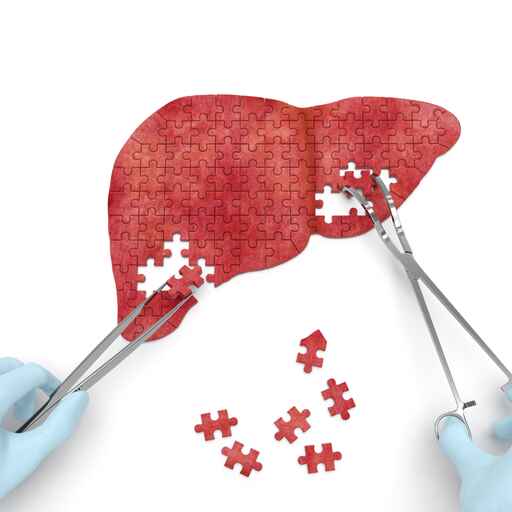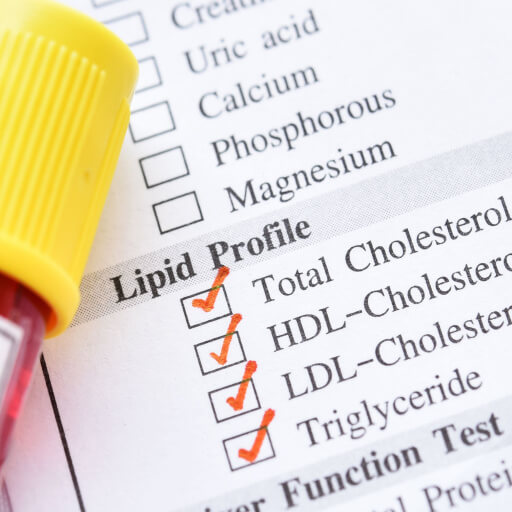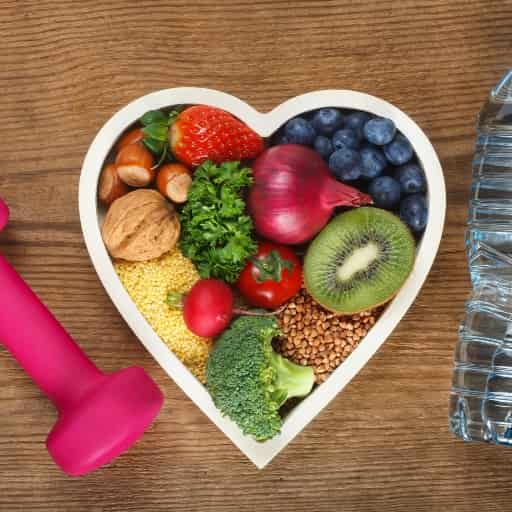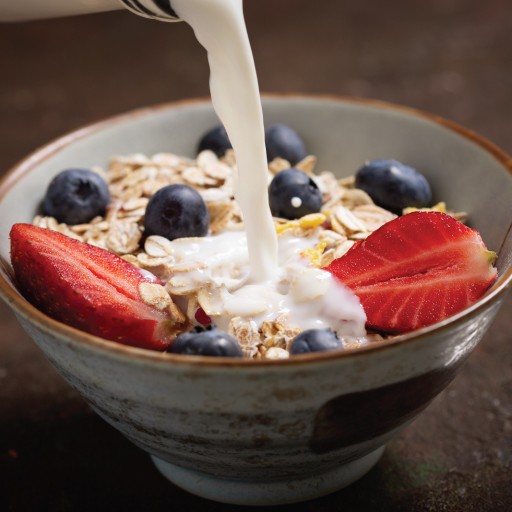Cholesterol is a kind of lipid or a waxy substance that the liver produces naturally and is essential for the formation of cell membranes, certain hormones, and vitamin D. The liver also produces lipoprotein made of fat and protein, which transports cholesterol and triglycerides through your bloodstream.
What causes cholesterol?
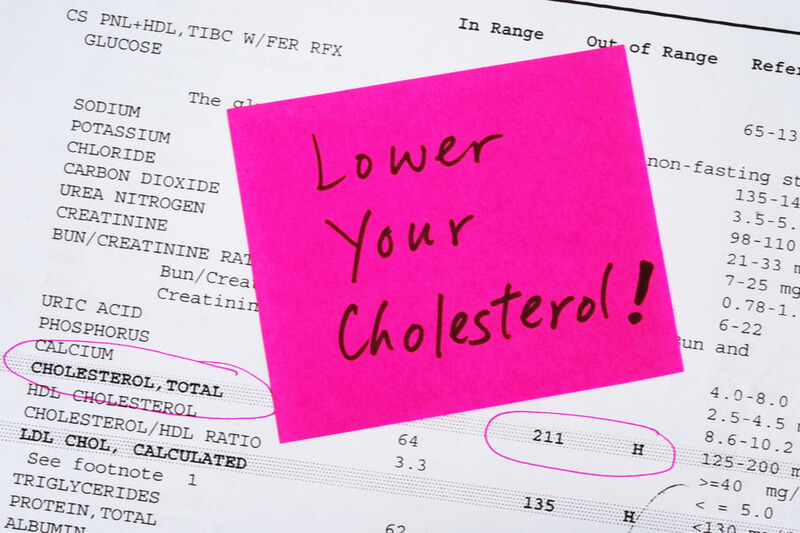
Factors that contribute to cholesterol may include inactivity, unhealthy eating habits, or smoking and drinking. Other chronic conditions like obesity, diabetes, and hypothyroidism can also increase your chances of developing cholesterol. You can also develop cholesterol genetically or as you age since the liver’s ability to remove LDL cholesterol weakens with time. High cholesterol can cause the accumulation of plaques on the walls of your arteries causing chest pain, heart attack or a stroke.
4 lifestyle changes
Keep your cholesterol under control with these 4 lifestyle changes:
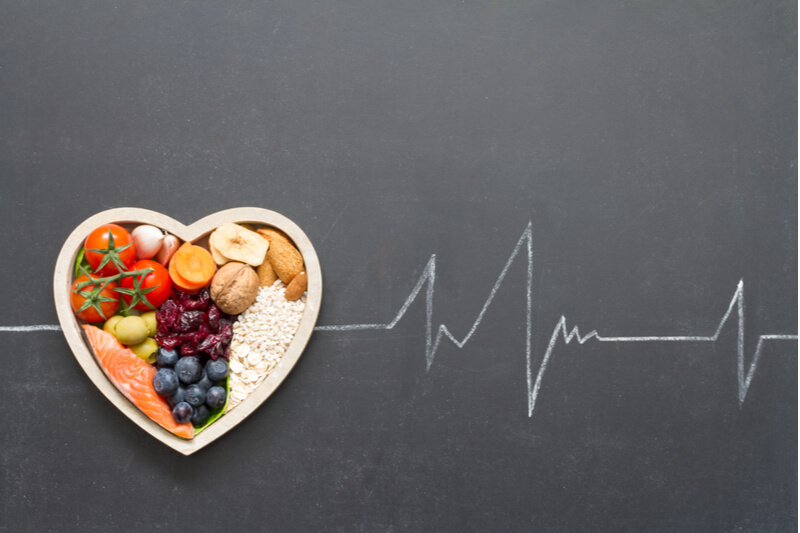
- Eat healthy food that is good for your heart. Reduce your consumption of saturated foods, which are present primarily in red meat and full-fat dairy products. This will also help reduce your low-density lipoprotein (LDL), more commonly known as bad cholesterol. Eliminate trans fat found on food labels as partially hydrogenated vegetable oil, which has been banned by the Food and Drug Administration and which is often found in store-bought cookies, margarine, cakes, and crackers. Consume foods that lower cholesterol, such as foods that are a powerhouse of protein and foods rich in omega-3 fatty acids such as salmon, walnuts, and flaxseeds. These foods also help reduce blood pressure. Also, make an effort to increase soluble fibers in your diet by including oatmeal, apples, pears, kidney beans, and brussels sprouts, which can reduce the absorption of cholesterol into your bloodstream. Eat a low-salt diet with an emphasis on fruits, leafy green vegetables, and whole grains – foods that lower cholesterol levels. You can also opt for roasted, grilled, baked, broiled or steamed food over fried foods.
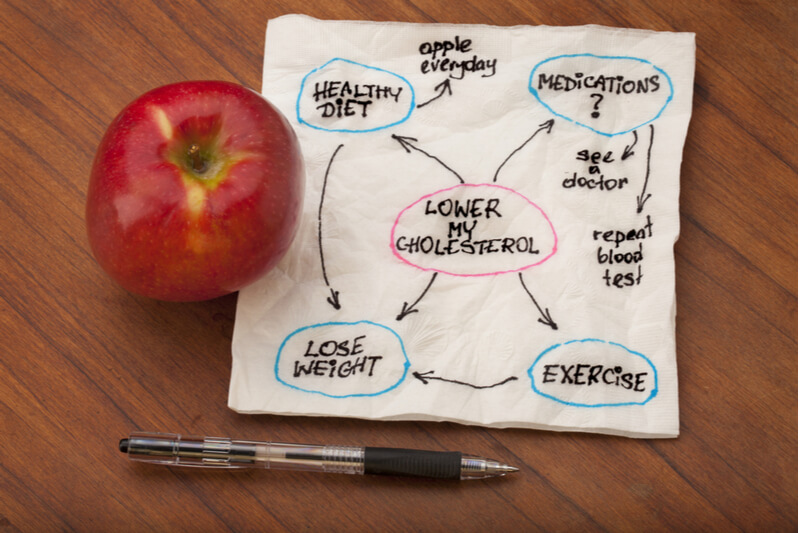
- Exercise regularly. Even if you work out for 15-30 minutes or more, it will profoundly impact your life in the long run. Moderate physical activity can increase high-density lipoprotein (HDL), which is considered good cholesterol. There are a myriad of ways to stay active. Avoid sitting in one place for a long period. Move around every few hours to stay active. Take a stroll after each meal to be able to digest the food. Take the stairs instead of the elevator or park farther away from your office and get those steps in to lose weight. These small tips can make a difference.
- Avoid smoking and drinking. Heavy alcohol consumption is often linked with high blood pressure, heart failure and stroke. Quit smoking to improve your HDL cholesterol level, blood circulation and lung health.
- Manage stress well. If you are caught up in the hustle-bustle of life and work, then take a moment to slow down as high levels of cortisol from long-term stress can give rise to cholesterol. Mindfulness meditation can help a great deal in calming your nerves.
In case these healthy changes do not reflect, then consult a doctor. Find out more on fitness and mindfulness-related topics on the Activ Living page.





 1800-270-7000
1800-270-7000


